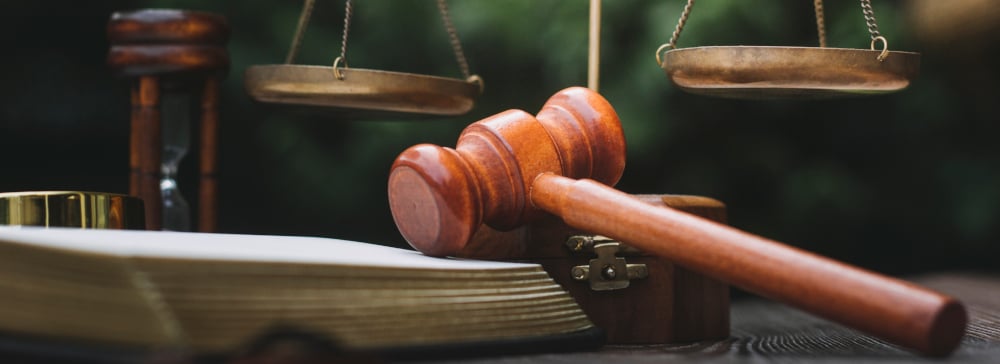Table of Contents
Depositions are questions under oath. In the case of the Kogan & DiSalvo client who fractured her ankle, the attorney for the opposing party put the client under oath and asked a series of questions about the accident itself, her health, and her medical treatment since the accident. Generally, deposition of the plaintiff in a case like this takes two or three hours, sometimes more.
A deposition is the opposing counsel’s opportunity to meet with my client and speak to them directly. Although the plaintiff’s attorneys are present, they are not allowed to assist the client in answering the deposition questions. Of course, Kogan & DiSalvo also took the depositions of the defendant and defense witnesses on a septate date. In this particular client’s case, approximately ten depositions took place. Those deposed included the parties, the treating doctors, and the experts.

Kogan & DiSalvo generally prepare the client for deposition by meeting with the client at least a day or two before the deposition. Many attorneys like to meet with their clients immediately before the deposition, but meeting a day or two ahead of time ensures that client has time to think about the types of questions that are going to be asked.
Typically, a deposition is something that is foreign or unusual for the client, and they may not be familiar with the process. Lawyers meet with them ahead of time to give them an idea of the questions that are going to be asked and to give them some time to think about their answers. When a client has time to consider potential questions, it better ensures that they give full, complete answers during the actual deposition.
At this particular deposition, a Kogan & DiSalvo attorney, defense lawyer, court reporter, and the witness was present.
During the client’s deposition, the defense attorney started by asking background questions, biographical questions about where the client was born, the type of education the client had obtained, her family, and any prior accidents she might have been involved with.
Next, the attorney asked a long series of questions about the incident itself, including everything from the weather conditions to the footwear that the client was wearing at the time of the fall. After that, the defense attorney asked questions about the injuries and the treatment that the client received following the fall. The attorney completed the deposition by asking the client about the effects of her injuries on her life.
The depositions that took place in the discovery case influenced my client’s case in Boca Raton because they solidified the plaintiff’s team’s suspicion that the relevant staircase was not in compliance with the South Florida building code. The deposition gave reassurance to my client that the defendant was negligent, and that it could be beneficial to move to a jury trial.
If you are injured and unable to come to us,
our attorney will come to you - there is no charge for us to do so.